Brazilian clubs shine at Club World Cup, but questions remain 


07-11 21:06Views 3607
The FIFA Club World Cup held in Brazil was deemed a significant success, energized by massive local support that elevated the tournament beyond a mere preseason event. Brazil's four participating clubs became a national talking point, creating an atmosphere akin to a World Cup, but crucially highlighting domestic league players on a global stage instead of Europe-based stars.
This tournament presented a major opportunity for Brazilian clubs, contrasting sharply with the often-embarrassing FIFA Intercontinental Cup where they typically struggled at the end of a grueling season. Hosting the Club World Cup in their mid-season, with fervent home support and specific peak preparation by teams like Flamengo and Palmeiras, put them in a favorable position.
While the outcome was mixed – Botafogo sacking their coach soon after beating PSG, and Flamengo and Palmeiras facing internal issues after early exits while unfancied Fluminense reached the semi-finals – the overall balance for Brazilian football was positive. It proved Brazilian teams can compete at this level, symbolized by Fluminense's elimination coming via goals from their own youth product, João Pedro, now playing for Chelsea.
The undeniable financial gap with top European football was starkly illustrated by transfer fees: Fluminense's record signing for the tournament was €6m, while João Pedro generated nearly €100m in transfers after leaving for €11.5m. Brazil continues to lose stars like Estêvão (to Chelsea), Igor Jesus (to Nottingham Forest), and Gerson (to Zenit).
To counter this exodus, Brazilian clubs employ two key strategies. Firstly, they use transfer income to repatriate players from Europe, either seasoned veterans (like Thiago Silva returning to Fluminense) or those who didn't meet expectations. Secondly, they now actively scout and recruit talent from other South American nations, mirroring Europe's approach to Brazil. Examples include key players like Flamengo's Uruguayan Giorgian de Arrascaeta and standout Colombian midfielder Jhon Arias. Thirty players from seven other South American nations featured for Brazilian clubs in the tournament, with young talents like Botafogo's Argentine Álvaro Montoro and new Palmeiras signing Ramón Sosa from Paraguay highlighting this growing trend.
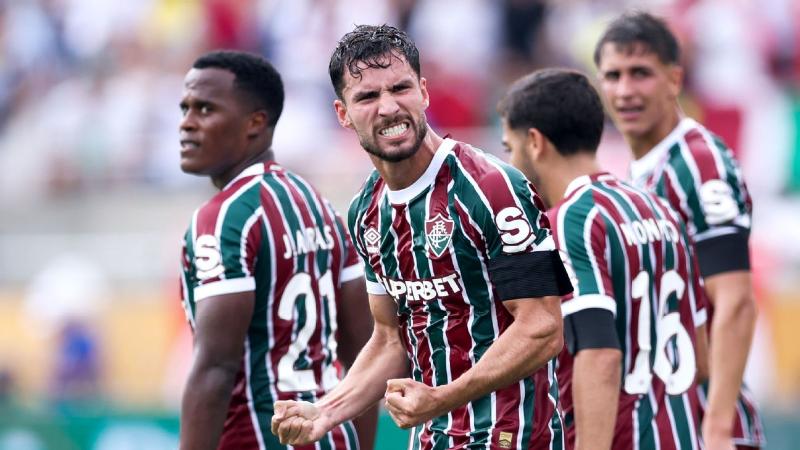





























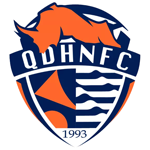
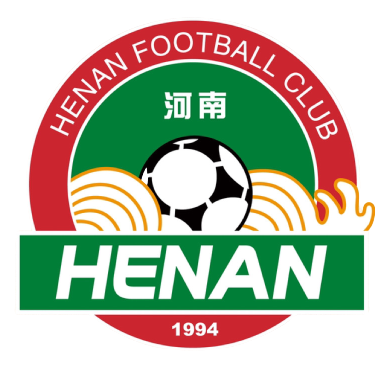

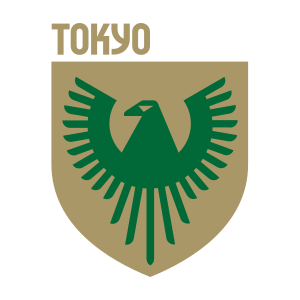




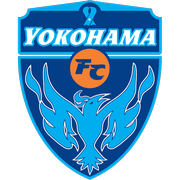
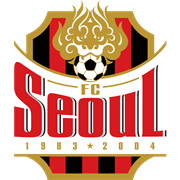

Related Comments(1881)